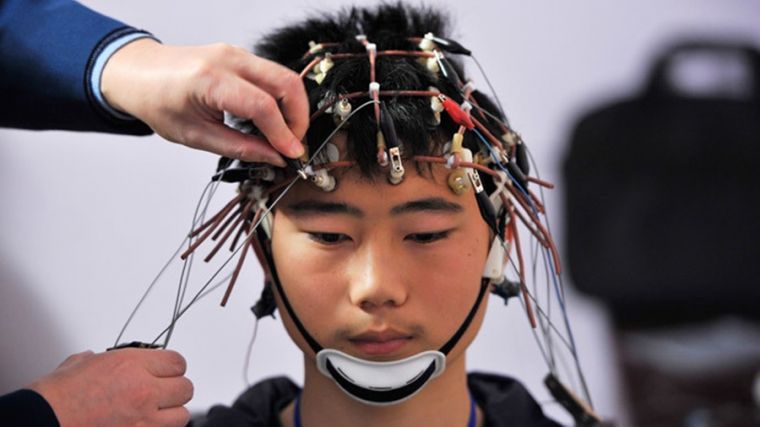Religion Gives Brain a Rewarding Experience — Just Like Listening to Rock and Roll Music, Study Shows

What do taking drugs, engaging in gambling, having sex and listening to rock and roll have in common with going to church? These activities may appear very diametrically opposed at first glance, but a recent study showed how they are linked: They all give the brain a rewarding experience.
Researchers from the University of Utah's School of Medicine recently sought to determine how spiritual feelings affect brain networks through the so-called "Religious Brain Project," The Daily Mail reported.
They focused on a particular group: devout followers of The Church of Jesus Christ of Latter-Day Saints. The researchers performed functional magnetic resonance imaging (fMRI) scans on 19 young adult church members while the volunteers performed four tasks to try and evoke spiritual feelings, including watching videos of biblical scenes and reading of familiar passages from The Book of Mormon.
The participants said they felt at peace and warm inside—some were even in tears—while reading biblical quotations.
Lead author Michael Ferguson, a bioengineering graduate student at the University of Utah, said the fMRI scans showed the participants' brains being stimulated, particularly the part associated with processing reward, throughout the experiment.
It should be noted that this is the same part of the brain that is stimulated when taking some illegal drugs and doing some activities like listening to rock and roll music, and having sex. It is also the section of the human mind associated with addiction.
"When our study participants were instructed to think about a saviour, about being with their families for eternity, about their heavenly rewards, their brains and bodies physically responded," Ferguson told The Daily Mail.
Aside from their brains "lighting up," the participants were also observed to have experienced faster heart beats and heavier breathing during the experiment—proof that they were having "peak" feelings.
The medial prefrontal cortex part of their brains, responsible for moral judgement and reasoning, was also found to have been stimulated as they engaged in religious activities.











